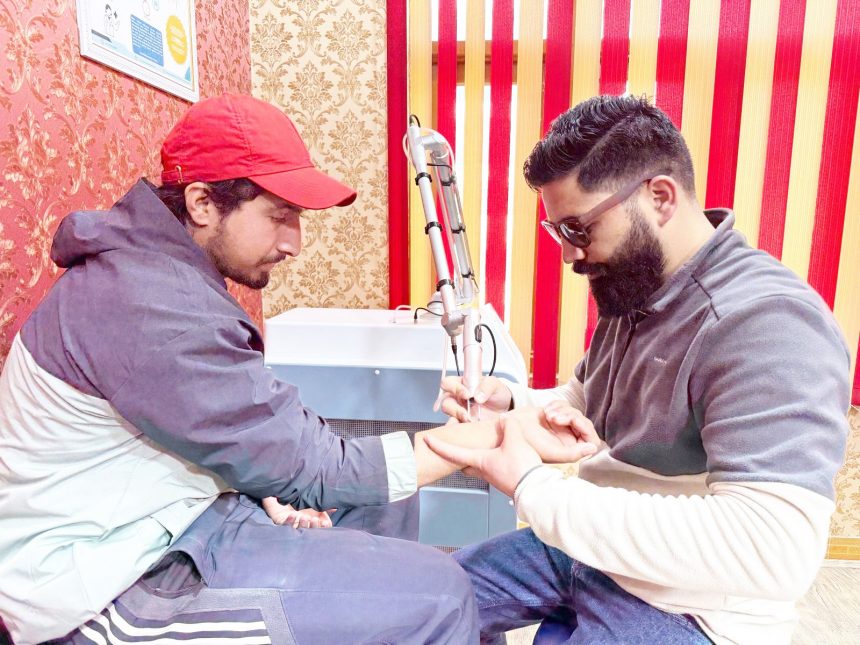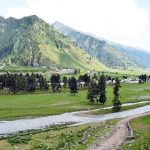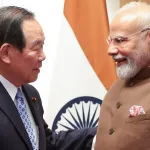In Kashmir, tattoos were once seen as a bold statement, a symbol of modern identity, and sometimes even a silent act of rebellion. In recent years, the trend of getting inked had quietly grown across the Valley, especially among the youth in Srinagar, Baramulla, Anantnag, and other towns. But now, another trend is catching up fast tattoo removal. More and more young people are choosing to erase the ink from their skin, giving rise to a new conversation about changing values, personal growth, and cultural shifts in the region.
One name that often comes up in these conversations is Basit Bashir. Known for his expertise in tattoo removal, Basit has helped many people who wish to erase their past ink. Basit shared that he started his professional journey by focusing only on tattoo removal services. Over time, he noticed a significant rise in the number of people who wanted to get rid of their tattoos.
“At first, I was surprised. But then I realized people change, their priorities change, and sometimes their beliefs change too,” Basit said. He decided to specialize in laser tattoo removal techniques and now offers professional services for people looking to erase their ink. According to him, the number of people asking for removals has doubled in the last two years.
Several reasons have led to the increasing demand for tattoo removal in Kashmir. Each person has their own story, but the most common reasons fall into a few categories.
Many young people got their tattoos during their college days or in their early 20s. Later in life, some of them choose to follow a more religious lifestyle. In Islam, tattoos are generally considered forbidden. As people grow older and closer to their faith, many choose to remove their tattoos as part of this spiritual journey.
For some, tattoos are reminders of past relationships. Names, symbols, and even matching tattoos are popular among couples. But when relationships break, the inked reminders often become painful memories. This leads people to opt for removal so they can move forward without constant reminders of the past.
In Kashmiri society, traditional values are still held strong, especially in rural and semi-urban areas. Many families do not approve of tattoos, and young people often face judgment or criticism from elders, relatives, and even friends. This social pressure plays a big role in the growing trend of tattoo removals.
According to Basit, some individuals also face skin problems after getting inked. Poor-quality tattoos, allergic reactions, or infections often force people to consider removal. In a few cases, the ink may fade unevenly or the design may age badly, leading people to erase it altogether.
The rise and fall of tattoo popularity in Kashmir reflect a complex mix of personal choice and social influence. During the last decade, tattoos became a trend among the young generation, especially those living in or visiting cities. Social media platforms like Instagram and Facebook played a major role in this, as young people were inspired by global trends, celebrity styles, and peer pressure, he added.
Tattoo studios began to appear across Srinagar and other towns, offering modern designs, equipment, and skilled artists. For many, getting inked was a way to express individuality in a society that often leans toward conservatism. However, as fast as the trend grew, the wave of removals seems to be rising now.
Tattoo removal is not as simple as getting inked. It usually involves laser treatment, where strong beams of light break down the ink particles in the skin. The body then naturally removes the broken-down ink over time. According to Basit, the removal process can take several sessions, depending on the size, color, and depth of the tattoo.
“Black ink is easier to remove compared to colored tattoos,” Basit explained. “But people must understand it is not a magic process. It takes time, effort, and sometimes the result is not 100% perfect.”
The cost of tattoo removal is also higher than getting a tattoo. Each session can cost anywhere from a few thousand to several thousand rupees, and full removal often requires multiple visits to the clinic.
Many young people who choose to erase their tattoos say the decision is deeply personal. “When I got my tattoo, I thought it was the coolest thing ever. But as I grew older, I started feeling differently,” said AafanAhmad (Name Changed) , a 28-year-old from Srinagar who recently completed his last laser removal session.
Others echo similar feelings. “It was the name of someone I once loved, but things didn’t work out. Every time I looked at it, the memory came back. It was hard to move on,” shared a young woman from Anantnag, who asked not to be named.
Elders in the community often see this trend as a return to traditional values. “It’s good that our young people are realizing these things and correcting their mistakes,” said Ghulam Qadir, a retired teacher from Baramulla.
Experts believe the tattoo removal trend is part of a larger cultural shift in Kashmir. The younger generation is now more aware of the long-term impact of decisions made during youthful phases. Whether it’s about faith, relationships, or family respect, people are now thinking twice before inking their skin.
Community leaders suggest that the rise in tattoo removals shows how modern life and traditional values continue to shape each other in Kashmir. “This is not about right or wrong,” said a local Imam. “It’s about people making peace with their choices and changing when they feel it’s right.”
According to some market surveys, the number of tattoo removal procedures in Kashmir has grown by almost 60% in the past three years. This shows the strong demand and the changing mindset of the people, especially the younger crowd.
From the buzzing sound of tattoo machines to the sharp beams of laser equipment, the story of tattoos in Kashmir is now writing a new chapter. What was once seen as a symbol of style is now being erased, one session at a time.
The journey from ink to erasure shows how personal choices evolve over time. Whether it is due to faith, family, or simply a change of heart, more and more Kashmiris are seeking a fresh start by removing their tattoos. This trend, while deeply personal for each individual, also tells a larger story of a society in transition — balancing between self-expression and self-reflection.








